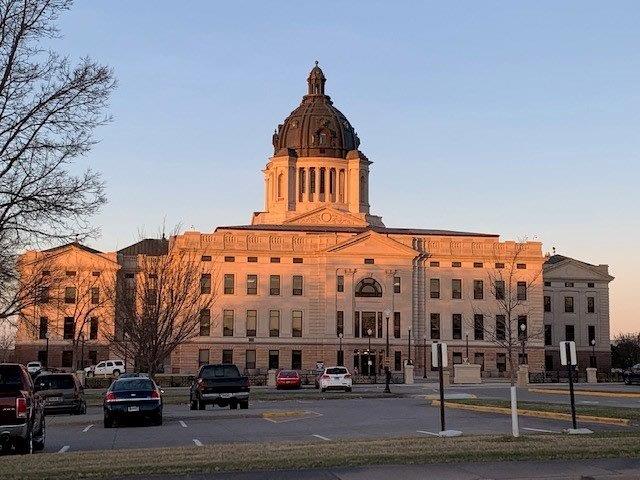The 2021 Legislative Session concluded with Veto Day on Monday, March 29.
One bill, HB 1217, was vetoed by the Governor. HB 1217 was a massive paperwork bill that required entities such as schools to collect papers regarding certain information with signatures from every athlete or their parent if they were minors. No funding was provided to school districts in this bill to comply with this unfunded mandate.
As a Certified Public Accountant, I have seen all too well the impacts poorly-thought-out policies such as equalization of locally generated revenue and fund balance caps have on our schools when they were not vetted properly. I consistently oppose such policies and regulations. According to HB 1217, athletes or their parents had to indicate that the athlete had not taken performance-enhancing drugs in the last year. A major problem with the bill, however, is that it did not define “performance-enhancing drug.” If this bill passed, schools could have been sued for athletes’ use of caffeine or vitamins. Even drug-testing of all athletes by schools or colleges may not have been enough to fight off a lawsuit regarding the use of “performance-enhancing drugs,” because it would be impossible to cover all possible drugs and supplements in testing without knowing what kind, specifically, they should be concerned about finding. Obviously, I don’t think high school or college athletes should be taking performance-enhancing drugs for athletic purposes, but if the state passes a bill like this, clear guidelines are needed, as well as exceptions for medical purposes.
Another section of the bill not only created legal liability – it took a rather extreme step of saying a party bringing a lawsuit could recover attorney fees. Imagine if accountants, bus companies, farmers, doctors or other professionals were in a bill saying whoever sued them could recover legal fees. When the Senate first saw this bill, I pointed out this problematic nature of the second and fourth sections. The governor agreed with these concerns, striking both sections of the bill in the veto.
The Federal Government loads up bills with unfunded mandates and burdensome regulations, but South Dakota doesn’t need to do the same. As legislators, we can’t just vote for bills if they sound good – we have to read and understand them. This bill drew a lot of attention, and I have had many good conversations with interested constituents in regard to this bill and other legislative issues the past couple of weeks. It is great to see so much interest in learning the details of legislation.
The House rejected the style and form veto, meaning the bill reverted back to its original form for the House to vote on. The bill failed, 45-24, falling two votes short of the 47 it needed to pass the House. Because the House failed to pass the bill, the Senate did not vote on any bills on Veto Day.
Even though Session is now over, legislators will be active throughout the summer on various committees and summer studies. I will be serving as the Senate Chairman of the Government Operations and Audit Committee (GOAC). The schedule has been set, and the committee already looks to have a heavy workload. In addition to chairing GOAC, I am a member of the Legislative Redistricting Committee. Legislative district lines are redrawn after each Census, which is conducted every 10 years. Redistricting meetings will be held all over South Dakota later in the year, followed by a special session in November to vote on new district lines. There may also be a special session in the near future to discuss the additional Federal funds our state received due to the most recently passed Federal stimulus package.
As always, if you have any questions or concerns about the issues facing the Legislature, I can be reached at 605-660-6468 or kyle.schoenfish@sdlegislature.gov


